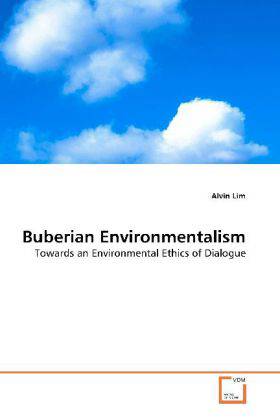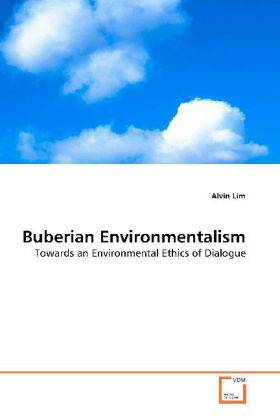
- Afhalen na 1 uur in een winkel met voorraad
- Gratis thuislevering in België vanaf € 30
- Ruim aanbod met 7 miljoen producten
- Afhalen na 1 uur in een winkel met voorraad
- Gratis thuislevering in België vanaf € 30
- Ruim aanbod met 7 miljoen producten
Zoeken
€ 48,45
+ 96 punten
Omschrijving
Martin Buber's philosophy of dialogue can explain how humankind's relationship with Nature has degraded to the level of the environmental crisis we face today, and it can also explain how humankind's relationship with Nature can improve to one of respect. Buberian Environmentalism can be distinguished from the classical ethical triumvirate of virtue ethics, consequentialism, and deontology. While the classical triumvirate is characterised by its reductionism, Buberian Environmentalism is non-reductionist, as its analyses of moral events consider all aspects of these events, including the rational and non-rational mental states of the moral agent, the act itself, and the consequences following from the act. This study concludes with an application of Buberian Environmentalism as an ethical defence of vegetarianism.
Specificaties
Betrokkenen
- Auteur(s):
- Uitgeverij:
Inhoud
- Aantal bladzijden:
- 236
- Taal:
- Engels
Eigenschappen
- Productcode (EAN):
- 9783639038156
- Uitvoering:
- Paperback
- Afmetingen:
- 220

Alleen bij Standaard Boekhandel
+ 96 punten op je klantenkaart van Standaard Boekhandel
Beoordelingen
We publiceren alleen reviews die voldoen aan de voorwaarden voor reviews. Bekijk onze voorwaarden voor reviews.











